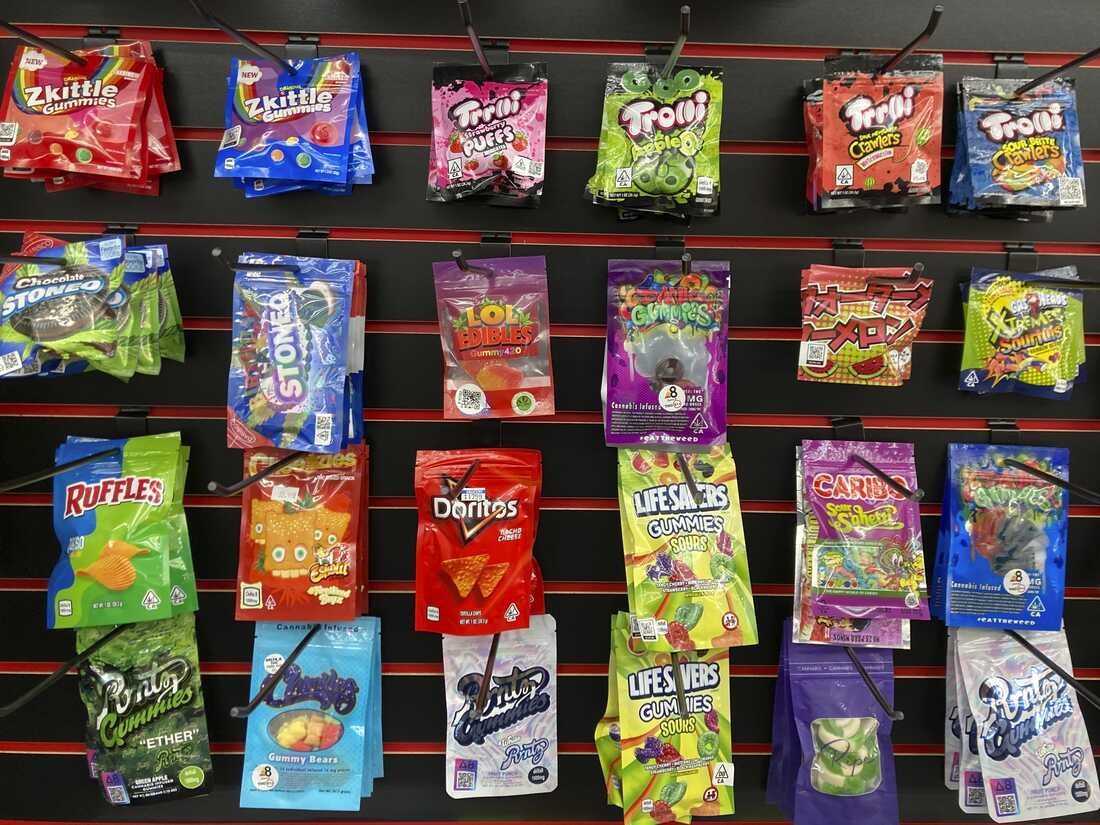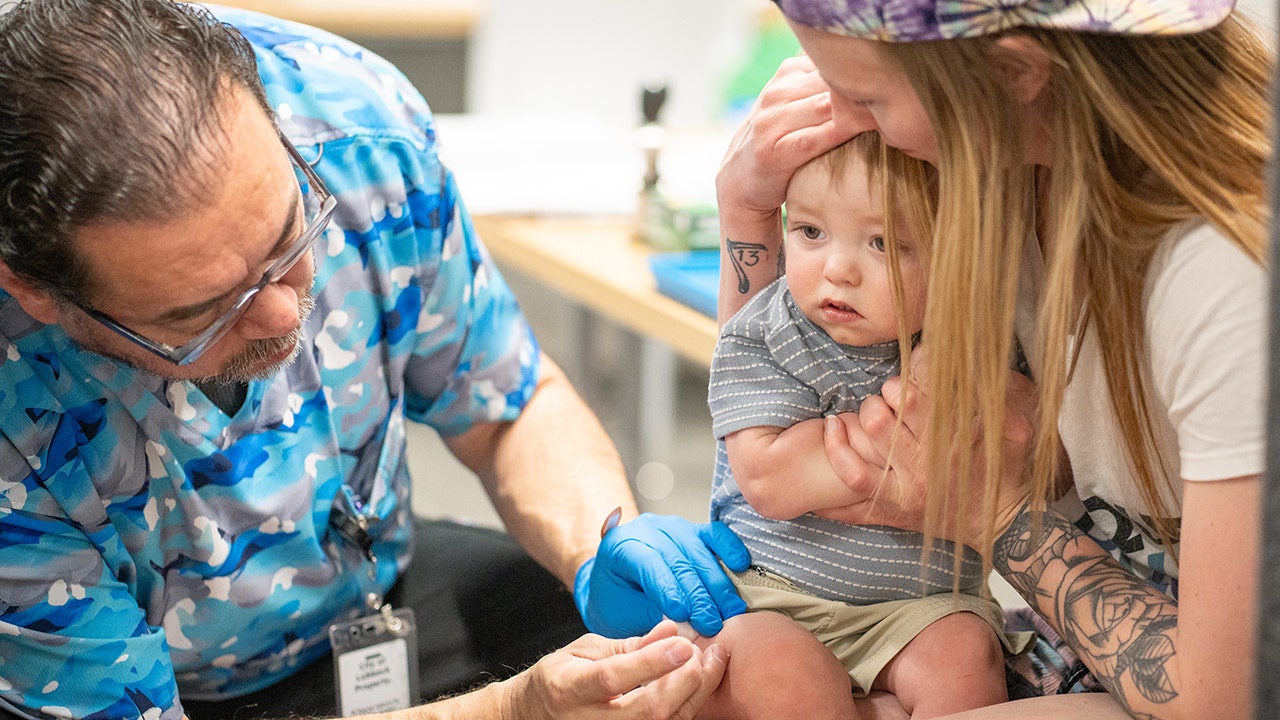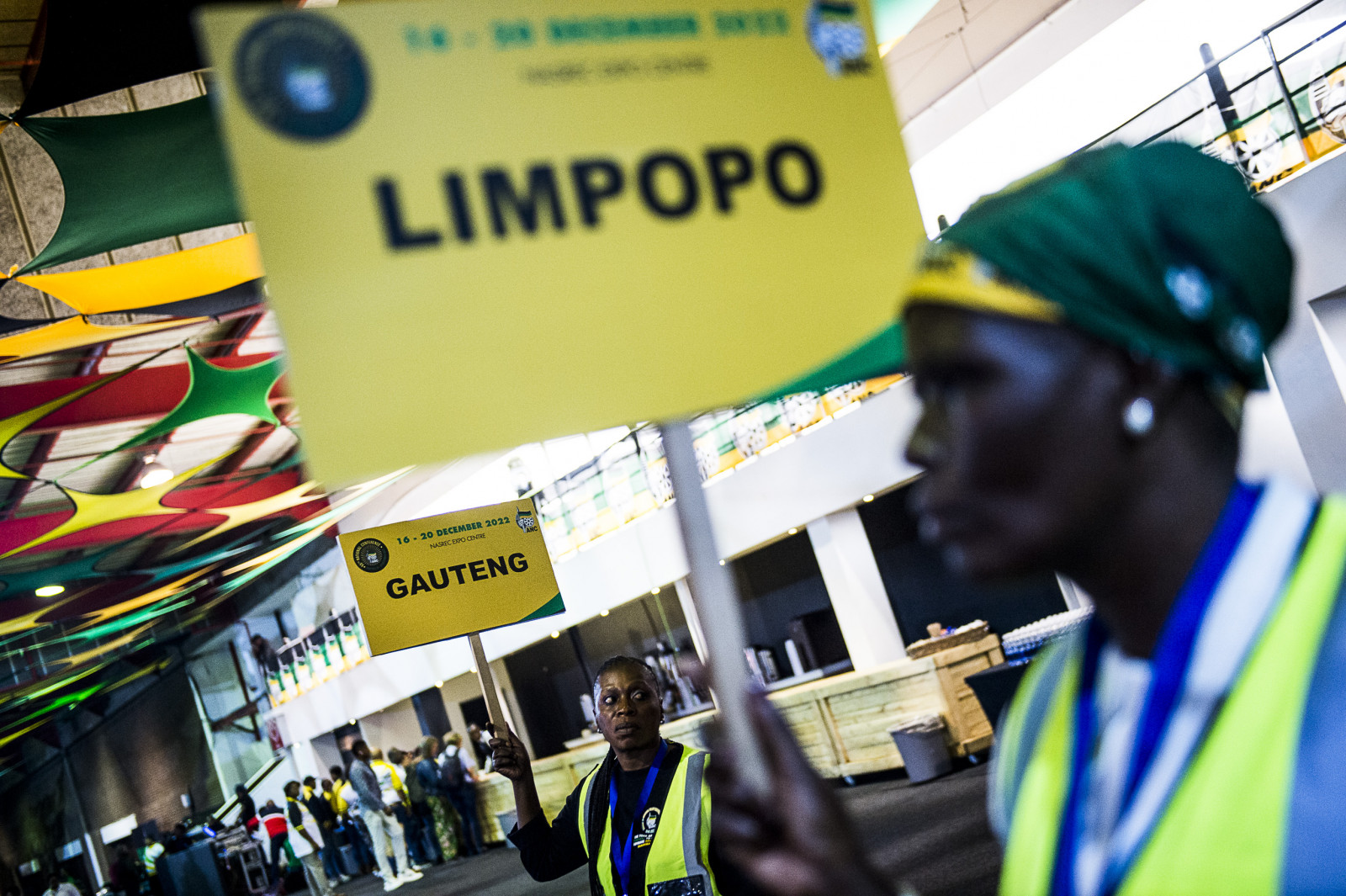They left at dawn in two boats on a low-sky Monday, heading for the warm blue waters of the South Atlantic. Thunderstorms were predicted, but water was their medium so this was of no concern to them.
They will most likely spend Christmas in the great Indian Ocean gyre skirting Antarctica. Our season of Christian goodwill will not match their joy as they swim free again. Their traditions are far older than ours.
Their human-given names were Kijani, Turbo, Basil and Juniper – three green turtles and a hawksbill that had been recovering at the Two Oceans Aquarium Foundation in Cape Town. How they name themselves, if they do, we cannot know. They are strangely silent creatures.
Also into the heaving sea 45 nautical miles south of Hout Bay went 65 loggerhead hatchlings, each taken from their container and lovingly slipped into the water.
Their future is not assured. “It’s always a terrifying thrill to release our turtles because humans have made their home unsafe,” said Talitha Noble, Two Oceans Aquarium Foundation’s conservation manager, as we loaded the animals on board.
Visit Daily Maverick’s home page for more news, analysis and investigations
A few of their carers were wet-eyed as they bade them farewell. Plastic is their nemesis and most species are endangered. We do them great wrong.
Each turtle had their story of stranding or hurt that landed them in rehab at Two Oceans. The hawksbill, Juniper, was rescued in Mossel Bay suffering from pneumonia, but quickly recovered. Kijani, a green turtle found on the beach at Paternoster, also had pneumonia and Turbo came onshore at De Hoop Nature Reserve suffering from a neck abscess.
All were badly underweight, having eaten plastic, and were treated and fed a nutritious blend of gelatine, vegetables, shellfish, fish and supplements.
The ocean gyres
The hatchlings would have emerged from eggs on the beaches of northern KwaZulu-Natal in December 2021 or January this year. Once they emerge, they’re driven by an urge to survive that promotes a dash to the sea and a frantic, continuous four or five days of swimming from which nothing will deter them. They instinctively head for the blue of the Agulhas Current, then drift south.
However, near Struis Bay, the current doubles back on itself, heading north. Some turtles are spat out into colder Cape waters and beach as they go into shock and hypothermia. They’re found by members of the public and handed to the aquarium. This year there were 157 such strandings.
Until recently, nobody knew where they went and how they returned to the same beaches many years later. But knowledge of ocean gyres, together with radio tagging of turtles, have revealed a story of extreme travel. They ride the world’s ceaseless ocean currents, pulses of water that flow to the heartbeat of sun, moon and sea, Earth and the rotation of nights and days. They are truly pelagic and the world is their oyster. They’re thought to make course changes by the stars and an internal magnetic GPS system.
Currents are formed when the continents on our spinning planet push against the inertia of the oceans, damming them along their eastern shores, raising levels and forcing the seas to flow north or south to regain gravitational equilibrium.
This results in the movement of prodigious amounts of water, which everlastingly circle in five massive oceanic gyres. Add to this the gravitational pull of the moon and coriolis winds and you have ocean currents.
Huge vortices are spun off the Agulhas and find their way into the main gyre circulating in the southern Indian Ocean. This mass of water slowly spins, moving eastwards and then up past the west coast of Australia and back towards Africa in the South Equatorial Current.
The harm we do them
Sadly, turtles have been massively exploited for hundreds of years and regularly graced the tables of both sailors and the wealthy classes as meat or soup. Until recently, the Lord Mayor’s annual banquet in London served green turtle soup. In the US you could buy turtle burgers.
Green turtle oil was once a key ingredient in women’s toiletries, creams and balms. Hawksbill shell has been highly valued since the time of Cleopatra. But turtles’ main enemy these days is the plastic we chuck in the ocean, much of it from ships.

Turtles are opportunistic feeders and will eat anything that looks edible. High on their menu are marine greens like sea grasses, as well as bluebottles and other jellyfish as they are impervious to stings. In pursuit of food, they have been recorded in dives of well over a kilometre deep.
Unfortunately, it all looks very similar to plastic bags and other human-made junk. Juniper had a plastic bag in her stomach when she was brought, in and she was starving.
Back to land
Our trip home from the release point shifted from bumpy to wild. The predicted unseasonable thunderstorm arrived; a flash of lightning was followed immediately by a roar of thunder, indicating it was right overhead. Rain was stippling the deep purple of swells cross-hatched by wind-chased breaking wavelets.
All we could hear as we hunkered down in the open-backed cabin was the snarl of the twin Suzuki outboards and the serpentine hiss of displaced water, punctuated by an occasional bone-jarring bang as the boat pancaked off a swell.

Suddenly, approaching at incredible speed, was a freak wave. The boat’s nose shot skywards as the wall of water hit it. Almost standing on its stern, it teetered on the top then belly-flopped into the trough behind it. For a moment we all went into freefall.
It did occur to me, just then, that the turtles – those mysterious travellers of the ocean’s gyres – were having a much better time of it safe beneath the churning surface in the bosom of their beloved ocean than we were, as we fled back to our natural habitat.
The Two Oceans Aquarium Foundation
The conservation work of the Two Oceans Aquarium Foundation includes rehabilitation efforts that contribute to the conservation of five of the seven turtle species. It also collaborates on marine animal welfare programmes and does research with major tertiary institutions and conservation organisations. If you find stranded turtles, please deliver them to the Two Oceans Aquarium in Dock Road, V&A Waterfront, or call +27 (0)21 418 3823. DM168
This story first appeared in our weekly Daily Maverick 168 newspaper, which is available countrywide for R25.

![]()












 (Updated 2025)
(Updated 2025)






Discussion about this post